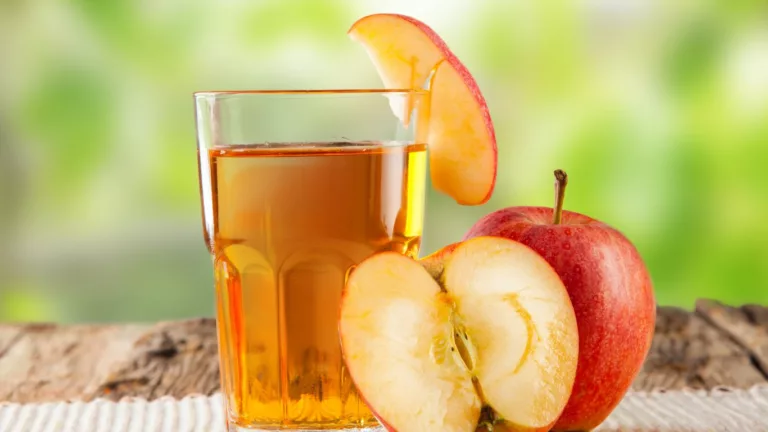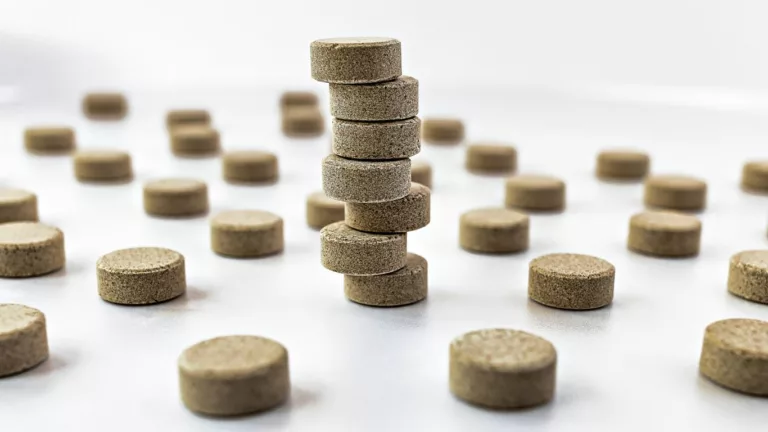Holistic Treatments for Rheumatoid Arthritis – A Comprehensive Guide
Are you struggling with rheumatoid arthritis and looking for ways to ease your symptoms naturally? Well, you’re not alone, and there’s good news—holistic treatments can help manage this condition and even improve your quality of life!
Rheumatoid arthritis (RA) is a chronic autoimmune disease that primarily affects the joints, causing pain, swelling, and stiffness. While medications and physical therapy are commonly used, many people are also turning to holistic treatments to manage symptoms and complement traditional treatments. These approaches focus on treating the whole body, not just the symptoms, and they can offer a more natural, well-rounded way to improve health. 
What Is Rheumatoid Arthritis?
Rheumatoid arthritis occurs when the immune system mistakenly attacks the body’s own tissues, primarily affecting the joints. The exact cause is unknown, but genetic and environmental factors play a role. RA can affect any joint in the body, but it commonly targets the hands, wrists, and knees. Over time, it can lead to joint damage and loss of function, which is why managing symptoms early is key. Conventional treatments like disease-modifying antirheumatic drugs (DMARDs), nonsteroidal anti-inflammatory drugs (NSAIDs), and biologics are often prescribed to reduce inflammation and slow disease progression. However, many people also seek complementary and holistic treatments to help with pain management, reduce inflammation, and improve overall well-being.
Holistic Treatments for Rheumatoid Arthritis
Let’s explore some natural and holistic treatments that might help you manage your RA symptoms more effectively.
1. Anti-Inflammatory Diet
What you eat can play a significant role in managing RA. Certain foods can trigger inflammation, while others can help reduce it. An anti-inflammatory diet focuses on eating foods that support joint health and reduce flare-ups. Some key foods to include in your diet:
- Omega-3 Fatty Acids: Found in fatty fish like salmon, mackerel, and sardines, omega-3s are known for their anti-inflammatory properties. They can help reduce joint pain and stiffness associated with RA.
- Fruits and Vegetables: Berries, leafy greens, and other colorful fruits and veggies are rich in antioxidants and vitamins that fight inflammation and support immune function.
- Nuts and Seeds: Almonds, walnuts, and flaxseeds are great sources of healthy fats and can contribute to reducing inflammation.
- Turmeric and Ginger: Both of these spices have long been used in traditional medicine for their anti-inflammatory effects. You can incorporate them into meals or drink turmeric and ginger tea for relief.
On the flip side, it’s wise to limit foods that can increase inflammation, such as refined sugars, processed meats, and fried foods. 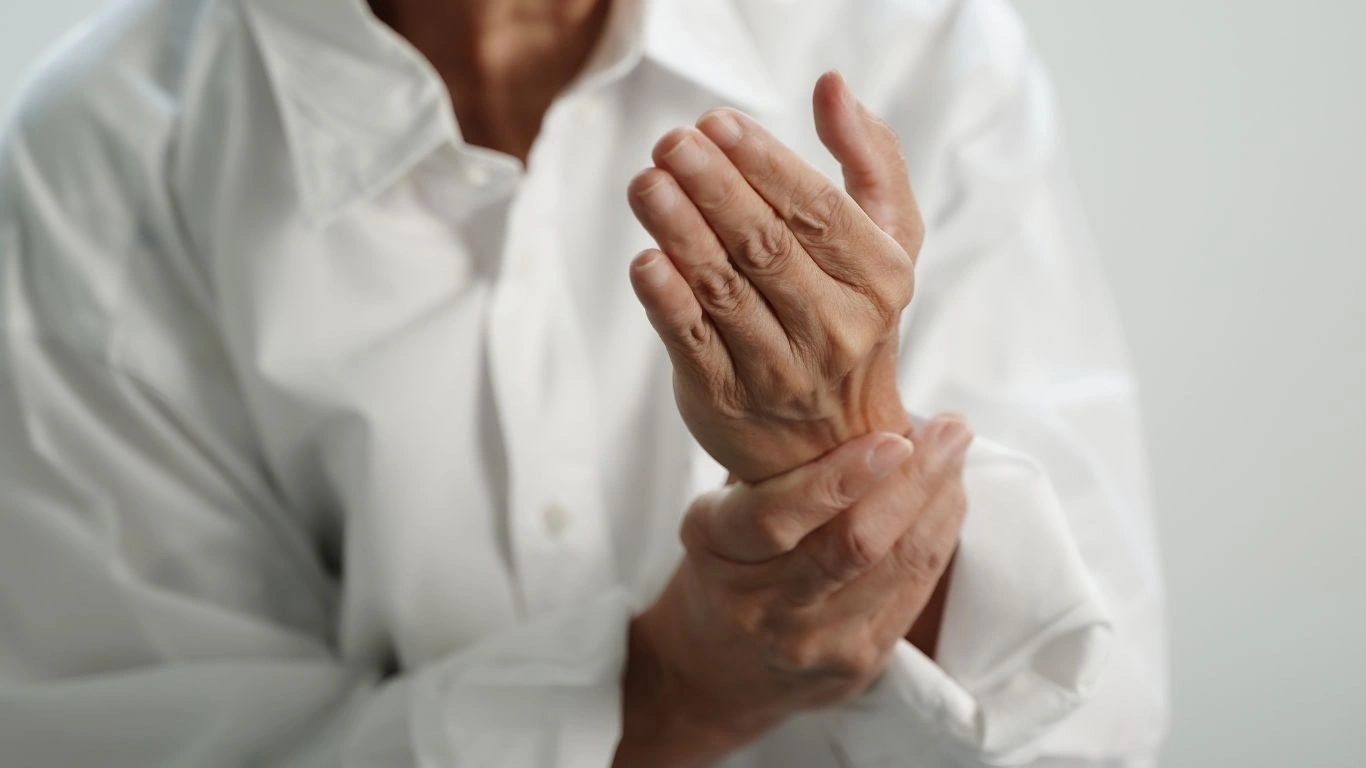
2. Mind-Body Therapies
Managing stress and fostering a sense of emotional well-being can significantly impact your physical health, especially when dealing with a chronic condition like rheumatoid arthritis. Some mind-body therapies that may help include:
- Yoga: Gentle yoga is excellent for improving flexibility and reducing stiffness in the joints. Many RA patients find yoga to be a low-impact way to stay active and manage pain.
- Meditation: Practicing mindfulness and meditation can help reduce stress and improve mental clarity. Studies suggest that reducing stress can positively affect immune function and inflammation.
- Tai Chi: Like yoga, Tai Chi focuses on gentle, flowing movements and has been shown to reduce pain and improve mobility for those with RA.
3. Acupuncture
Acupuncture, a traditional Chinese medicine practice, involves inserting fine needles into specific points on the body to stimulate healing. Research has shown that acupuncture can help reduce pain, improve joint mobility, and decrease inflammation in people with rheumatoid arthritis. If you’re interested in acupuncture, be sure to consult with a licensed practitioner experienced in treating arthritis.
4. Herbal Remedies
Certain herbs have been traditionally used to ease arthritis symptoms. Some of the most commonly recommended herbs for RA include:
- Boswellia: Also known as frankincense, this herb has anti-inflammatory properties and has been shown to help reduce joint pain and swelling.
- Willow Bark: Willow bark contains compounds similar to aspirin and can help alleviate pain. It’s often used as a natural pain reliever for conditions like arthritis.
- Cat’s Claw: This herb is believed to have anti-inflammatory effects and can help reduce the pain and swelling associated with RA.
Before using any herbs, make sure to talk to your doctor, especially if you’re taking other medications, as some herbs may interact with them. 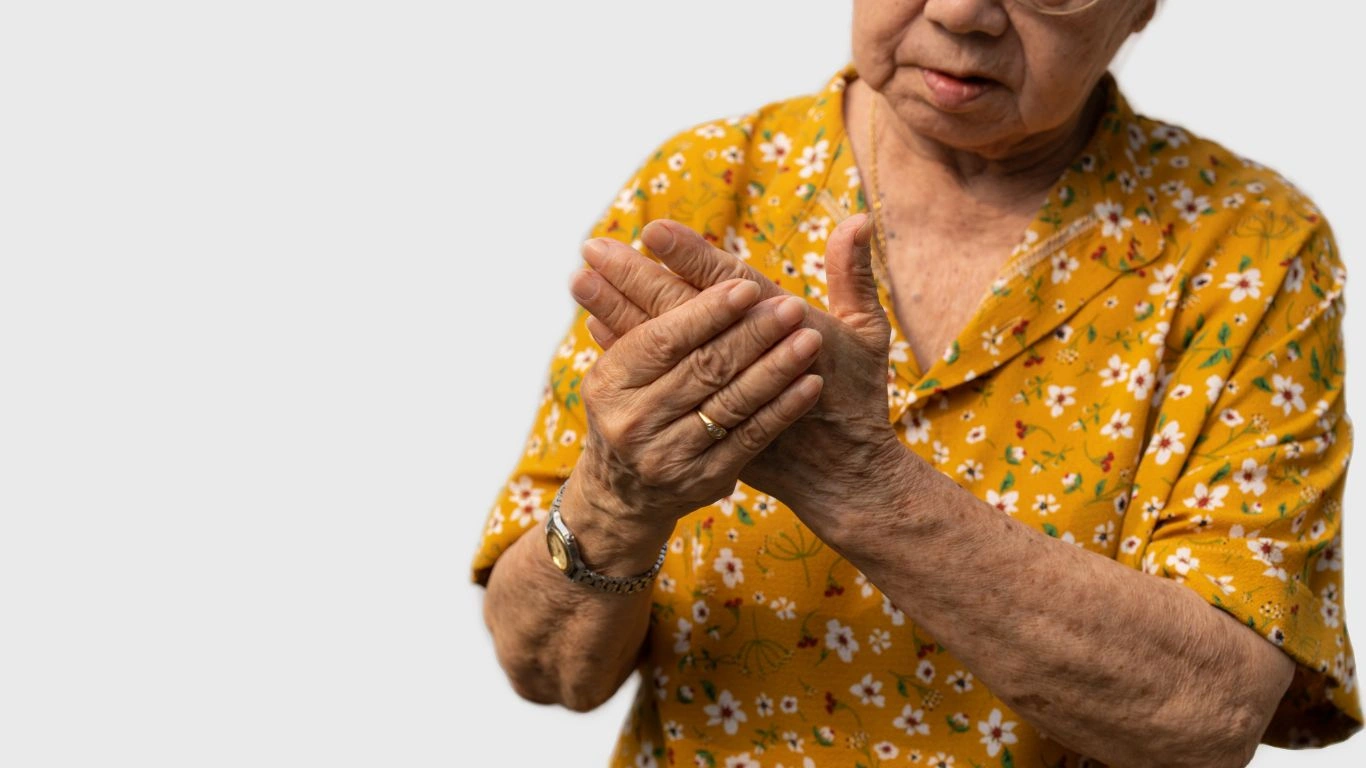
5. Physical Therapy and Exercise
Staying active is crucial for managing rheumatoid arthritis. Regular exercise can help maintain joint function, reduce stiffness, and strengthen muscles around the joints. Some recommended exercises for people with RA include:
- Low-Impact Cardio: Walking, swimming, or biking are great ways to get your heart pumping without putting too much stress on the joints.
- Strength Training: Building muscle around your affected joints can provide extra support and reduce pain. Focus on light weights and controlled movements.
- Stretching: Incorporating stretching into your routine can help improve flexibility and prevent joint stiffness.
If you’re unsure about which exercises are safe for you, consult with a physical therapist to create a personalized exercise plan.
6. Essential Oils
Aromatherapy using essential oils can also help with the discomfort of RA. Oils such as lavender, eucalyptus, and peppermint have soothing properties and may help reduce pain and inflammation. You can use them in a diffuser, add a few drops to a bath, or mix with a carrier oil to massage directly onto affected joints. 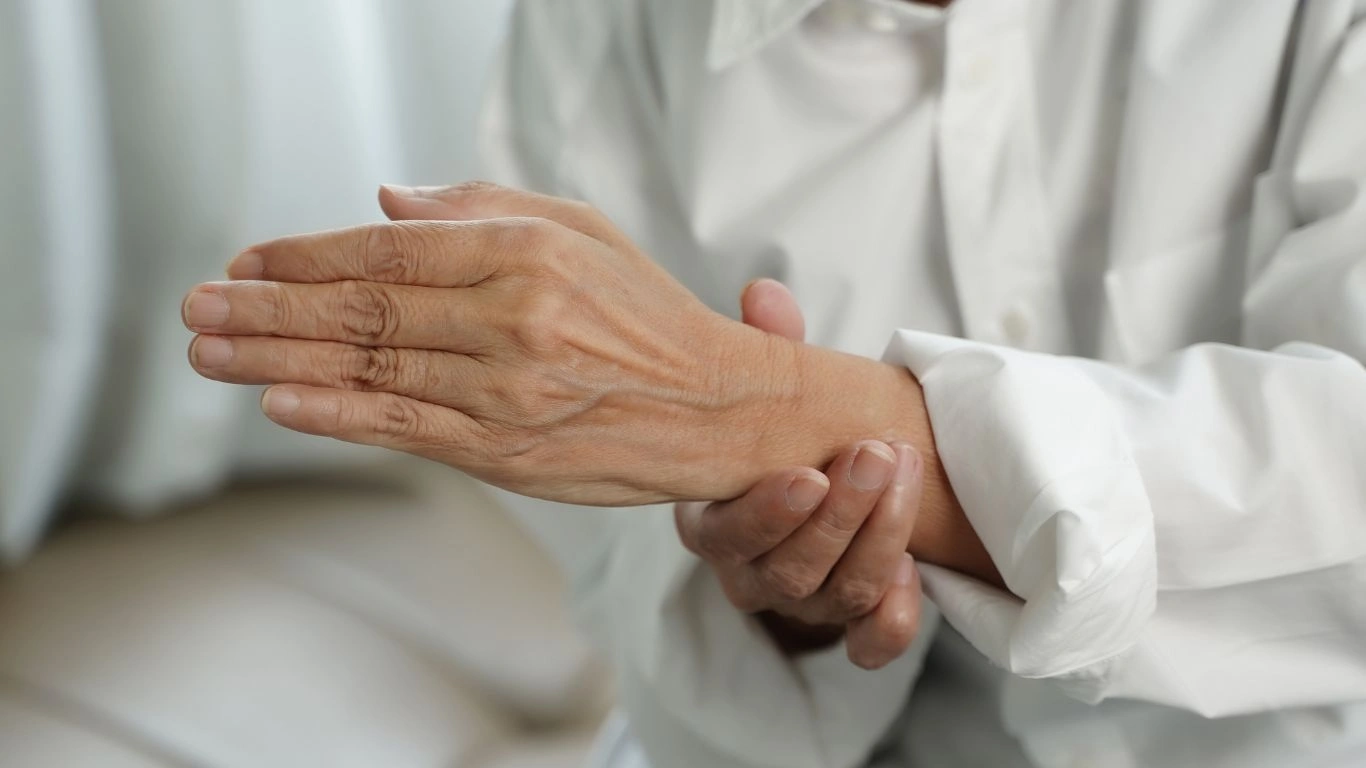
Combining Holistic Treatments with Traditional Care
It’s essential to remember that holistic treatments are not a replacement for traditional medical care but can complement it. Work closely with your doctor to develop a treatment plan that combines medications, physical therapy, and holistic remedies. Everyone’s experience with rheumatoid arthritis is different, so what works for one person may not be the best approach for another.
Appendices
FAQs
- Can a diet really help reduce RA symptoms? Yes! Eating an anti-inflammatory diet rich in fruits, vegetables, and healthy fats can reduce inflammation and joint pain associated with rheumatoid arthritis.
- Is acupuncture effective for rheumatoid arthritis? Many RA patients find acupuncture helpful for reducing pain and inflammation. It’s worth trying if other methods aren’t working for you.
- What exercises are best for RA? Low-impact exercises like swimming, walking, and yoga are excellent for maintaining joint health and improving mobility.
- Can herbs help with rheumatoid arthritis? Herbs like boswellia, willow bark, and cat’s claw have anti-inflammatory properties and can complement other treatments. However, always consult with your doctor before using them.
- How can I reduce stress with RA? Mind-body therapies like meditation, yoga, and Tai Chi can help manage stress, which in turn can help manage inflammation and pain.
References
- National Institute of Arthritis and Musculoskeletal and Skin Diseases (NIAMS). (2024). Rheumatoid Arthritis. Read Article
- Smith, J. & Brown, S. (2022). Natural Approaches to Managing Rheumatoid Arthritis. Alternative Medicine Journal, 30(3), 200-205. Read Article
- Healthline. (2023). Holistic Remedies for Rheumatoid Arthritis: What You Need to Know. Read Article
Disclaimer
Disclaimer: The information in this article is provided for educational purposes only and should not be considered medical advice. Always consult with your healthcare provider before starting any new treatment or therapy. Individual needs vary, and professional guidance is essential for your specific situation.








